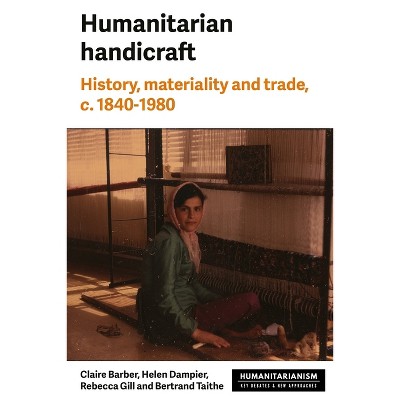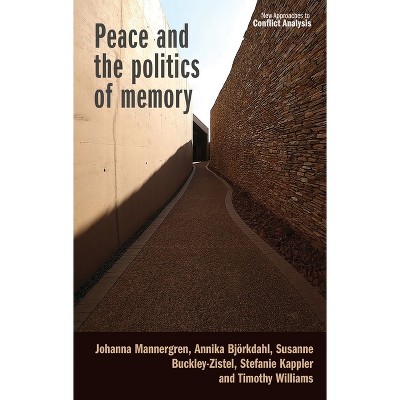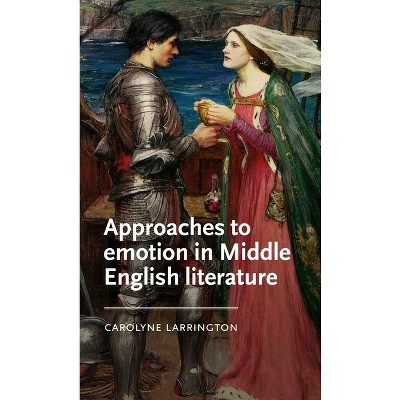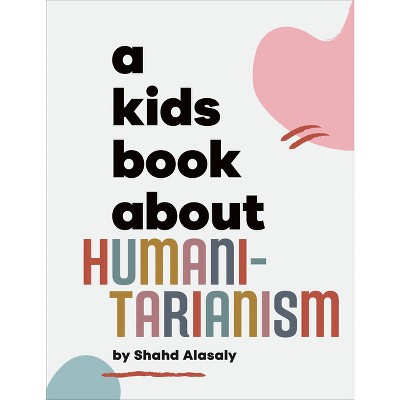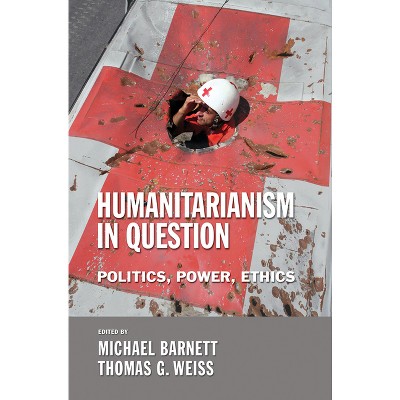Sponsored

The Nigeria-Biafra War and the Making of a Humanitarian Crisis (1967-70) - (Humanitarianism: Key Debates and New Approaches) (Hardcover)
Pre-order
Sponsored
About this item
Highlights
- Drawing on rich archival sources from Europe, Nigeria and the United States, this book retraces the international responses to the Nigeria-Biafra war (1967-1970).
- About the Author: Marie-Luce Desgrandchamps is a Lecturer in Modern History at the University of Geneva
- 352 Pages
- Political Science, International Relations
- Series Name: Humanitarianism: Key Debates and New Approaches
Description
About the Book
Focusing on the Nigeria-Biafra war, this book analyses humanitarian action at a turning point in its history. It combines individual, institutional, and governmental perspectives to shows how this conflict became a testing ground where humanitarian practices were reshaped for the postcolonial era, making emergency aid central to the redefinition of Africa-West relations.Book Synopsis
Drawing on rich archival sources from Europe, Nigeria and the United States, this book retraces the international responses to the Nigeria-Biafra war (1967-1970). It brings to life the organizations on the ground and the individuals who shaped their missions, while examining their often complex relations with governments.
From the dramatic images of starving children to the heated debates about the perverse effects of aid and the emergence of sans-frontiérisme, the Nigeria-Biafra war marked a turning point in the history of humanitarian aid. Colonial practices and representations were adapted to a postcolonial world, and humanitarian aid became a central element in the West's relationship with Africa.
By revisiting the Biafra moment, this book sheds new light on the contradictions and enduring dilemmas of today's humanitarian system.
From the Back Cover
[Final] This book provides an in-depth history of the relief operations conducted during the Nigeria-Biafra war and the debates they provoked among aid workers, governments, and public opinion in Europe and the United States. Drawing on extensive archival research in France, the UK, Switzerland, Nigeria, and the US, it shows that the conflict was a laboratory in which pre-existing humanitarian practices were reshaped and adapted to the postcolonial world.
The book argues that emergency aid played a central role in redefining relations between Africa and the West in the era of decolonization. To capture the global dimension of the Biafra moment, it follows the humanitarian crisis from the local to the international level and examines the role of NGOs, IOs, and states in the elaboration, deployment and reception of the relief operations. It revisits the controversies over the perverse effects of humanitarian aid and the emergence of 'speaking out' and sans-frontiérisme.
Offering new perspectives on these debates, this book deepens our understanding of key dynamics and enduring dilemmas that continue to shape the contemporary humanitarian system. It will be of interest to scholars and practitioners working in the fields of humanitarian aid and international relations.
About the Author
Marie-Luce Desgrandchamps is a Lecturer in Modern History at the University of GenevaShipping details
Return details
Trending Non-Fiction






